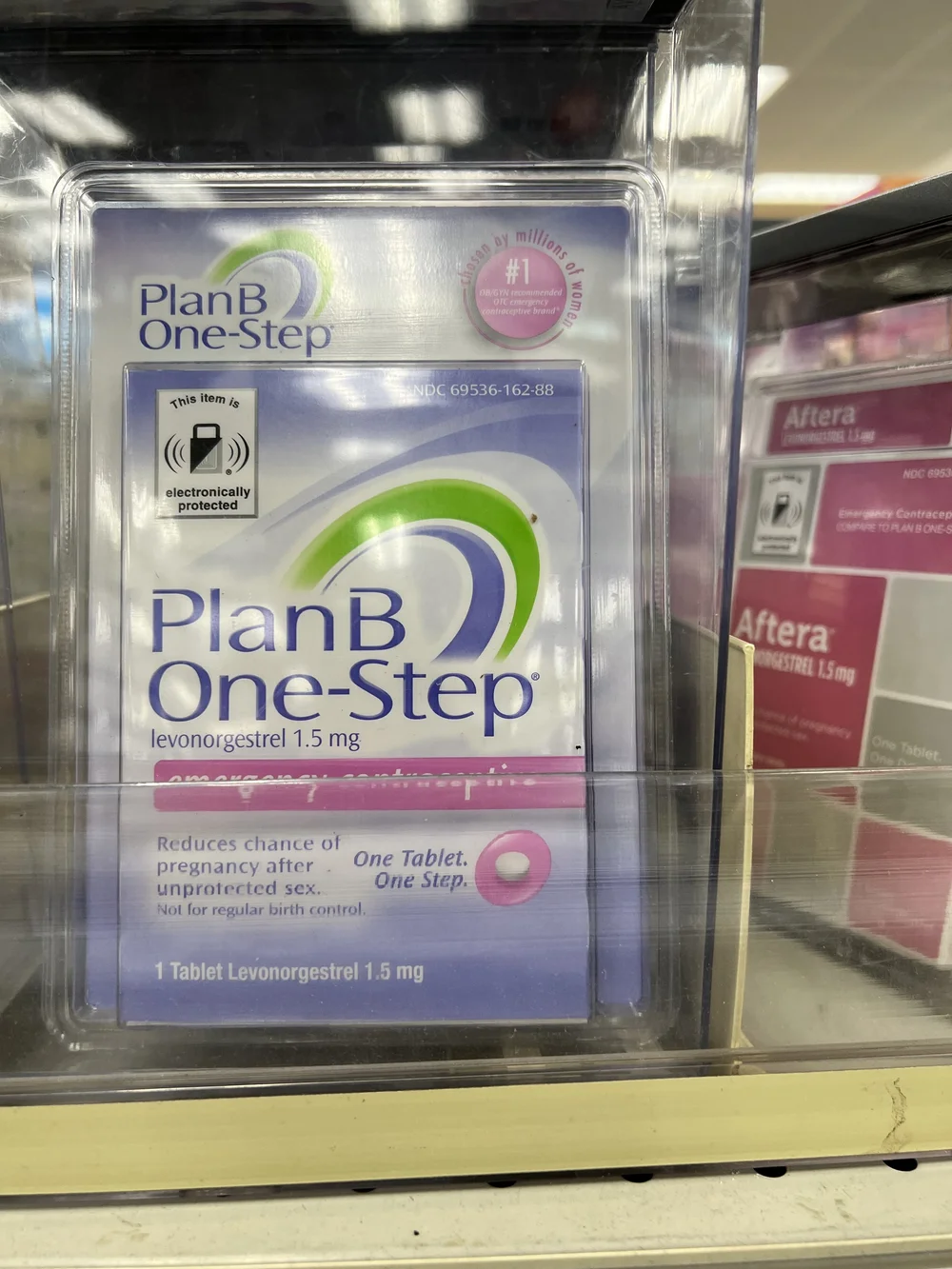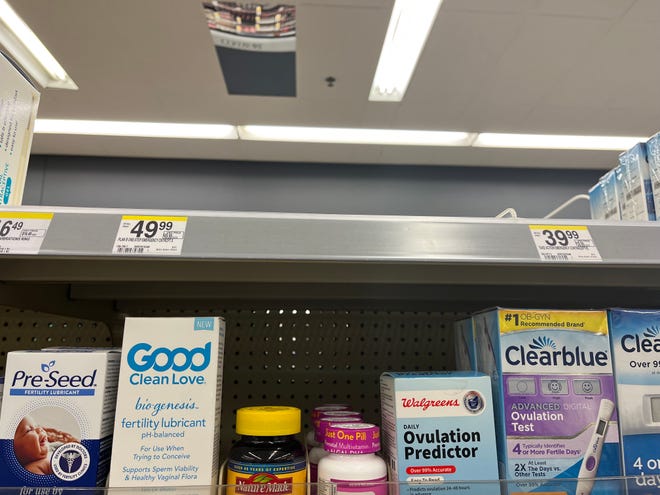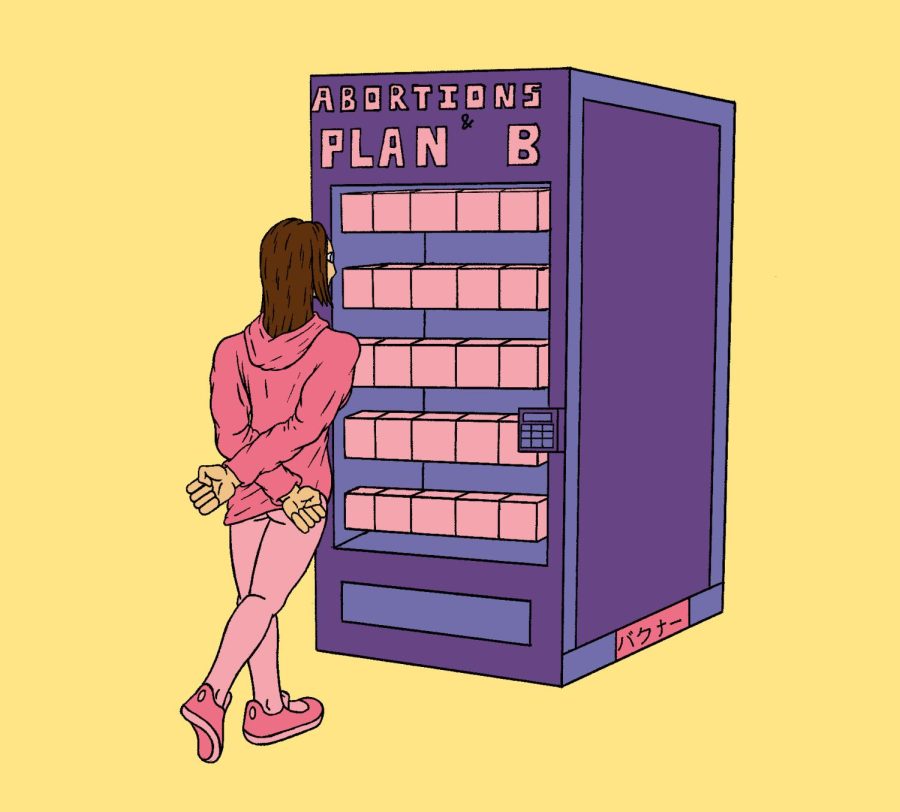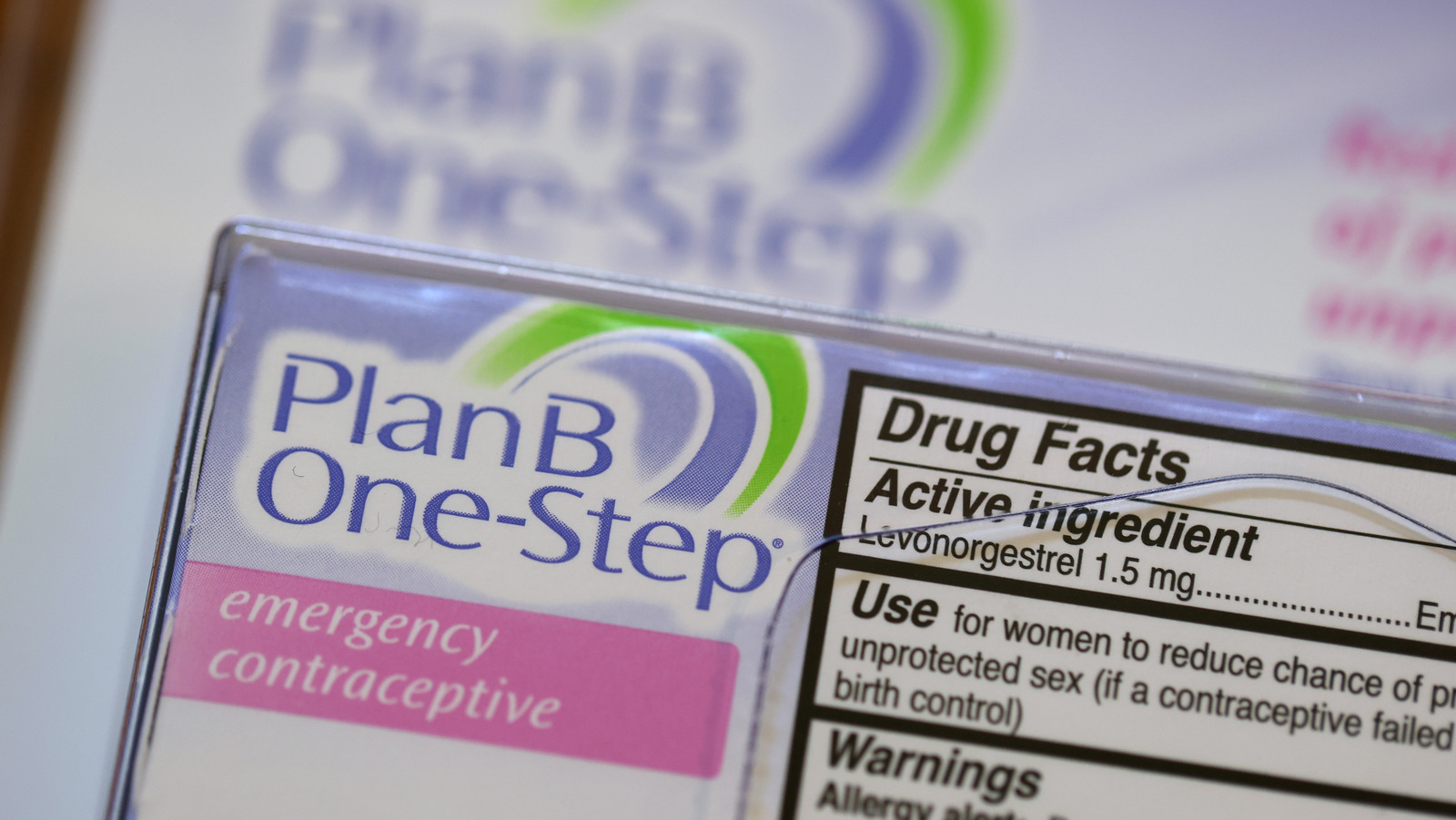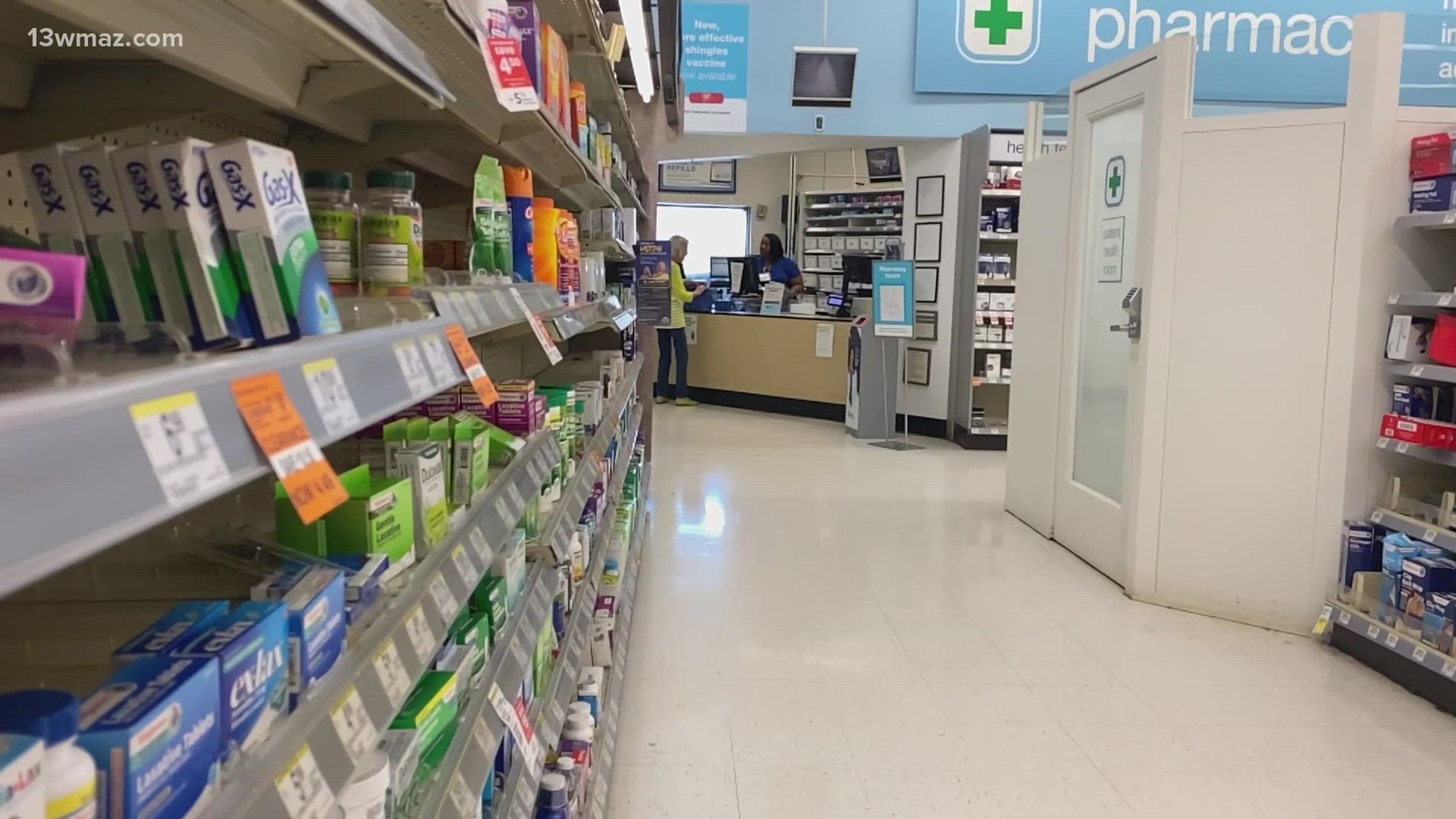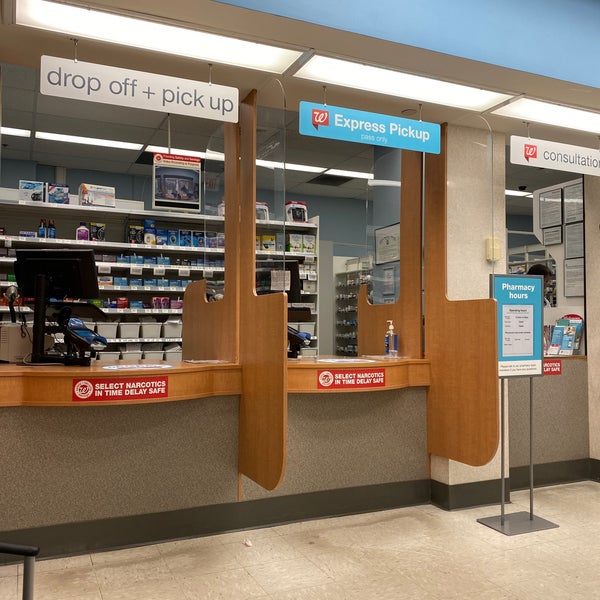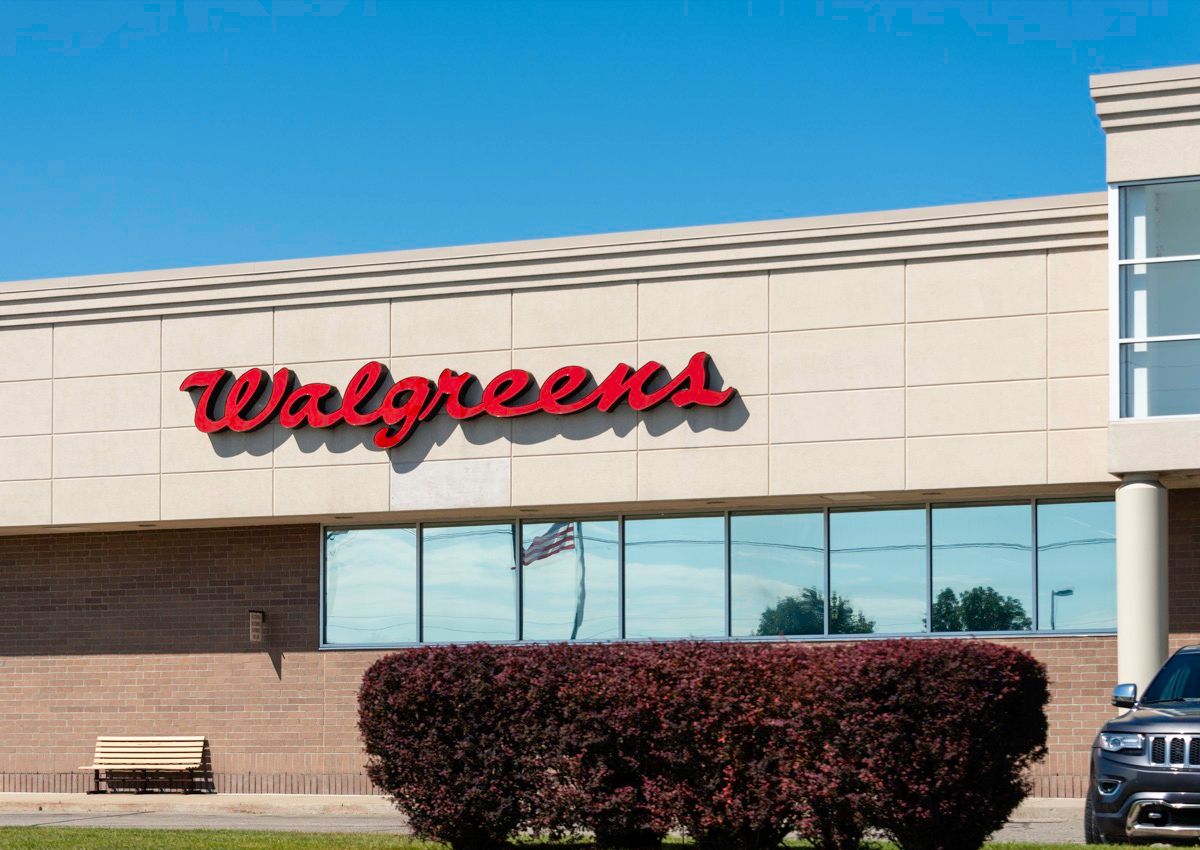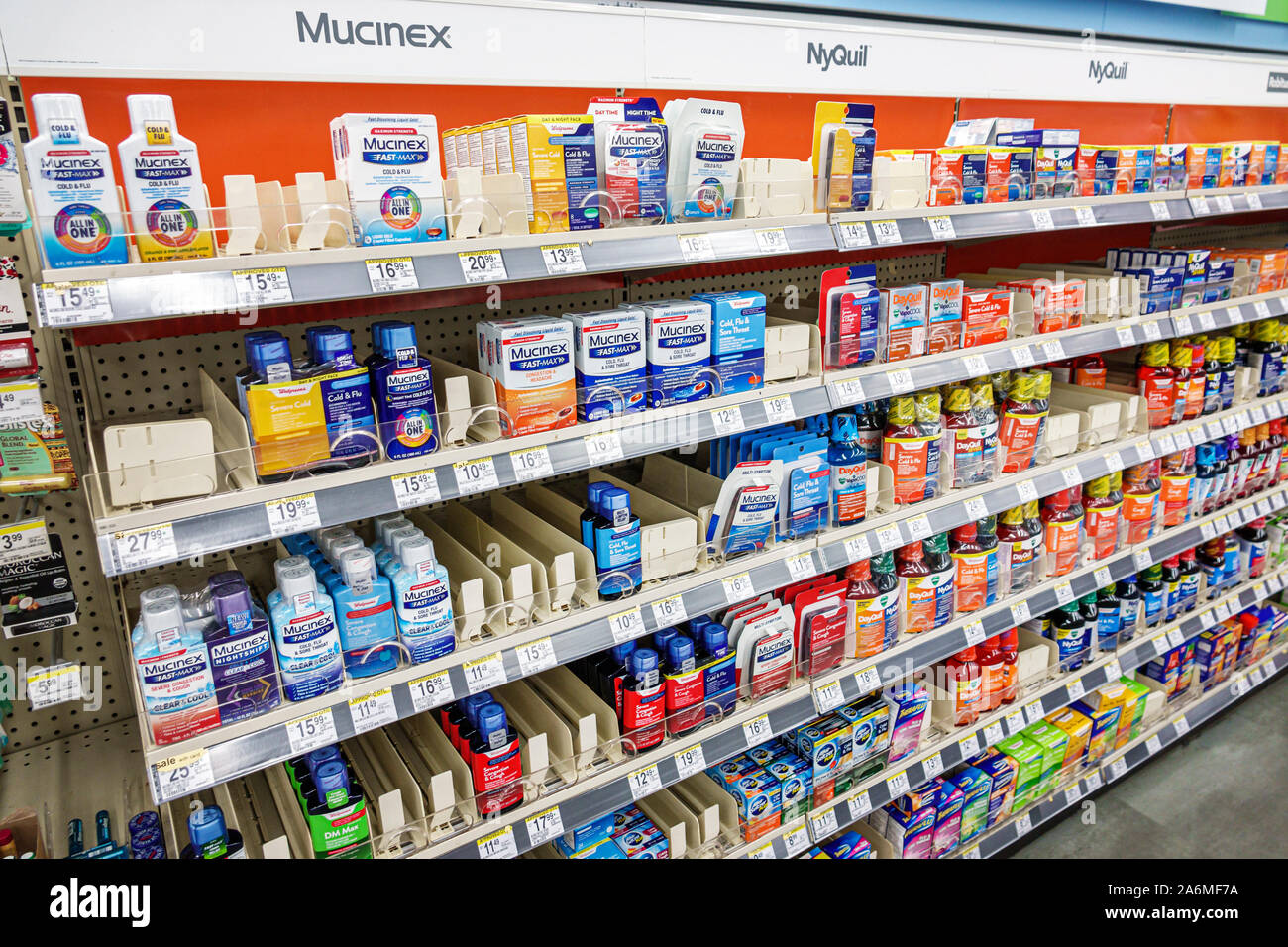Is Plan B Behind The Counter At Walgreens

Access to emergency contraception, specifically Plan B, has once again become a focal point of debate, with questions arising regarding its availability behind the counter at Walgreens pharmacies nationwide.
This article aims to clarify the current status of Plan B access at Walgreens, examining the regulations, policies, and factors influencing its placement both on and behind the counter.
Understanding Over-the-Counter Access
Plan B, also known as levonorgestrel emergency contraception, is approved by the Food and Drug Administration (FDA) for over-the-counter (OTC) sale without a prescription to individuals of all ages.
This means, in theory, anyone should be able to purchase it directly from a store shelf.
However, the reality can be more complex, varying based on pharmacy policies and state regulations.
Walgreens' Policy and Implementation
Walgreens, one of the largest pharmacy chains in the United States, maintains a policy of selling Plan B over-the-counter.
However, its placement within the store can vary.
In many Walgreens locations, Plan B is available both on the shelf in the family planning or women's health section and behind the pharmacy counter.
Factors Influencing Placement
Several factors can contribute to the decision of whether Plan B is placed behind the counter, despite its OTC status.
These include security concerns, store layout, and staffing levels.
Some locations may keep it behind the counter to prevent theft or to better monitor sales.
Pharmacist availability and the need to answer customer questions can also play a role.
"Our commitment is to ensure access to Plan B while adhering to all applicable regulations and maintaining a secure shopping environment," said a Walgreens spokesperson.
Concerns and Criticisms
The practice of keeping Plan B behind the counter, even when available without a prescription, has drawn criticism from reproductive rights advocates.
They argue that it creates an unnecessary barrier to access, particularly for young people and those in underserved communities.
The perception that it requires pharmacist intervention may deter some individuals from purchasing it.
Potential Impact on Access: Any barrier, real or perceived, to accessing emergency contraception can have significant consequences.
Delayed access can reduce the effectiveness of Plan B, which is most effective when taken within 72 hours of unprotected sex.
For some, the inconvenience of requesting it from behind the counter could lead them to forgo the purchase altogether.
State Regulations and Local Variations
State regulations regarding emergency contraception can also influence how Plan B is handled at Walgreens locations.
Some states may have specific laws or guidelines regarding its sale and placement.
Consumers are encouraged to check with their local Walgreens pharmacy for specific details on availability and access procedures.
Moving Forward: Ongoing dialogue between pharmacies, reproductive rights organizations, and policymakers is crucial to ensure equitable access to emergency contraception.
Transparency and clear communication about store policies can help alleviate confusion and empower individuals to make informed decisions about their reproductive health.
Ultimately, the goal is to ensure that Plan B is readily accessible to all who need it, without unnecessary barriers or delays.



